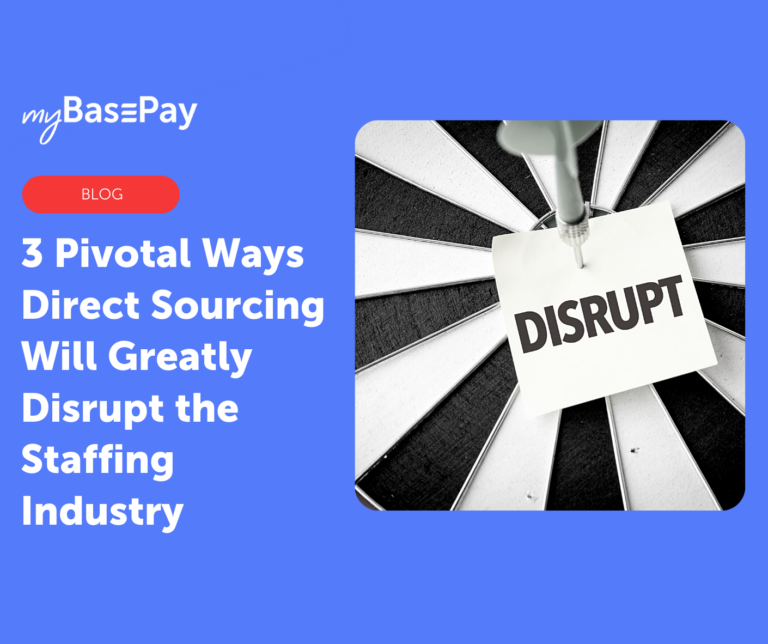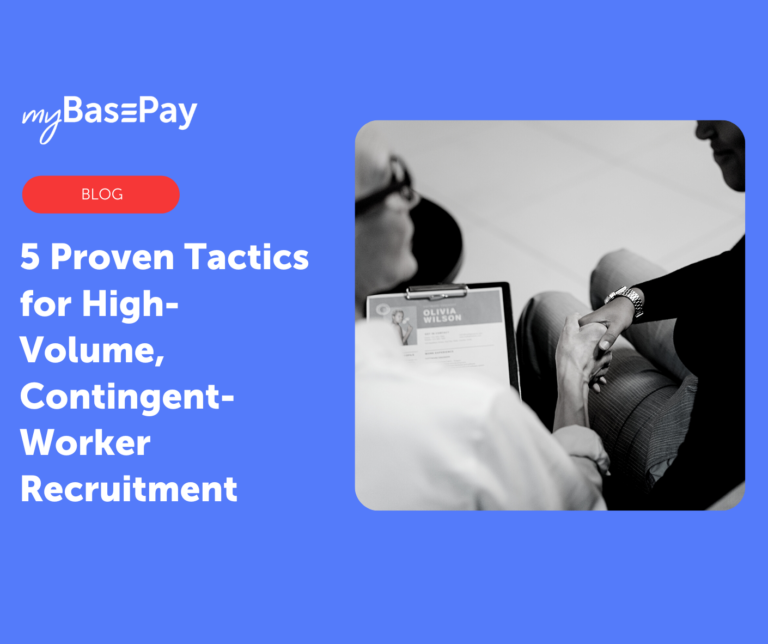5 Reasons Contract Labor Thrives in Tough Economies
To say that 2024’s labor market has been turbulent feels like an understatement. From turmoil on Wall Street and the uncertainty that always surrounds a presidential election year to the headline-grabbing layoffs in tech, it is understandable for there to be concern surrounding the economy and the state of labor in general.
Despite the year’s turbulence, contract labor continues to thrive. In times of economic uncertainty, contract labor can be especially beneficial for both workers and employers.
1. Increased Flexibility
The flexibility inherent to contract labor is one of its chief advantages. For employers, organizations can focus on hiring specialists or more staff as needed based on market conditions. This allows them to scale operations up or down with ease, rather than committing to full-time hires who might no longer be needed after a few months. Project-based contracts can be especially helpful in this regard.
Many contract laborers also value this level of flexibility. Short-term or part-time contracts allow them to support their desired work-life balance, adapting the number of clients they work with based on their financial needs and personal bandwidth.
2. Lowered Costs
Contract labor tends to be much more cost-effective than hiring a full-time employee. As just one example, nearshoring can help businesses save up to 70% on workforce costs due to different salary expectations.
Even when hiring domestic contractors, businesses can enjoy financial savings because they are not responsible for contingent workers’ benefits such as health insurance, retirement plans or paid time off. Nor do businesses need to pay taxes for contingent workers. They can also lower office overhead by not needing to invest in more space and equipment for new hires.
Contractors also often enjoy lower personal costs by working remotely, such as by avoiding expenses associated with commuting for traditional in-office employment.
3. Reduced Risk and Liability
During periods of economic uncertainty, having a large team of full-time employees can become a major financial risk. Part of this stems from the level of responsibility that employers are legally obligated to have toward their full-time employees. Businesses must ensure they properly administer insurance, taxes and other benefits for their employees. Failure to do so will result in fines and penalties.
Having on-site full-time employees also increases a company’s potential exposure to workers’ compensation claims and other forms of litigation. Even in a relatively low-risk environment, this liability could result in significant financial losses for the company involved — something that no business wants to deal with during times of economic uncertainty.
This isn’t to say that hiring contingent workers doesn’t have its own set of risks. However, by using an employer of record to ensure workforce compliance, business owners can have confidence that all hires will be managed in a legally compliant manner. This arrangement can also reduce risk for contract workers, who can work with confidence that they will be paid and managed appropriately for their employment status.
4. Improved Productivity
During periods of economic uncertainty, many companies use layoffs as a cost-cutting measure. However, despite a reduction in staff and resources, many in management then expect the remaining employees to keep the same level of productivity as before. This is ultimately a recipe for reduced employee morale and job satisfaction and an increased risk of burnout. “Layoff survivor guilt” that triggers feelings of uncertainty and fear can further reduce productivity.
Regardless of whether an organization has had layoffs, making use of contingent talent can help keep or improve productivity while simultaneously reducing the burden on your full-time staff. Contract labor can help a business complete a necessary pivot or respond to fluctuations in demand without overwhelming your existing team.
During uncertain times, keeping top-quality talent is the most important thing you can do to ensure the long-term viability and success of your business. Strategic use of contract labor will help your team stay engaged and focus on their own areas of expertise.
5. Decreased Onboarding Time
Another key advantage of using contingent labor during uncertain times is the shorter process of hiring and onboarding new talent. Hiring a full-time employee tends to be a lengthy process with multiple rounds of interviews, in part due to the higher financial commitment and risk involved. With contractors who are hired on a short-term or per-project basis, onboarding tends to be much faster, as the goal is typically to fill a temporary need.
Partnering with the right staffing organization can further decrease onboarding time because these firms have already vetted a large pool of contingent talent, which can then be matched to a position based on skills, experience level, availability and other factors.
This arrangement also benefits contract workers by enabling them to get to work quickly when new opportunities arise, rather than waiting through a lengthy hiring and onboarding process. This allows them to better manage their own financial situation by reducing downtime between projects.
Thriving With Contract Labor
During periods of economic uncertainty, businesses that use contract labor make themselves more agile and better positioned to pivot to changes in their niche and the overall market. At the same time, contingent workers gain the flexibility and freedom to pursue a broader range of work opportunities that better fit their lifestyle and career goals.
While none of this is to say that contingent workforces solve all problems, contract labor is uniquely positioned to deliver desired outcomes and some measure of stability, even in uncertain times. With strategic use of contingent workers, businesses can put themselves on sturdier financial footing that helps them successfully navigate whatever changes the market brings.
Ready to learn more about how contract labor can benefit your business during uncertain times? Contact us today to discuss a custom workforce strategy that suits your needs!






